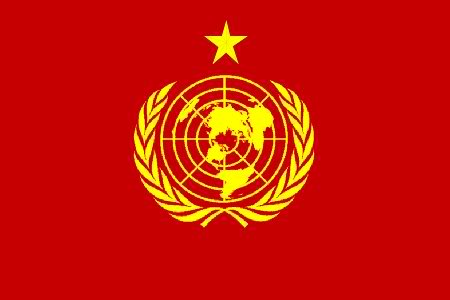taixyz1992
Red Army Recruit
Posts : 269
Join date : 2010-10-22
 |  Subject: Biographical and literary influences Subject: Biographical and literary influences  Sun Nov 21, 2010 8:13 am Sun Nov 21, 2010 8:13 am | |
| Wollstonecraft wrote Mary at the town of Hotwells in Bristol while a governess for the Anglo-Irish Kingsborough family. Her relationships with the family provided fodder for the novel, a work that Wollstonecraft herself admitted was "drawn from Nature". Eliza, for example, is partially based on Lady Kingsborough, who Wollstonecraft believed cared more for her dogs than for her children. More importantly, the friendship between Mary and Ann closely resembles the relationship between Wollstonecraft and her intimate companion Fanny Blood, who meant "all the world" to her and, as Wollstonecraft's husband William Godwin later put it, "for whom she contracted a friendship so fervent, as for years to have constituted the ruling passion of her mind".[6] Wollstonecraft's representation of Fanny as Ann has been called "condescending"; critics have speculated that because Wollstonecraft felt betrayed by Fanny's decision to marry, she depicted Ann as a friend who could never satisfy the heroine.[7] Jean-Jacques Rousseau's philosophical treatise on education, Emile (1762), is one of the major literary influences on Mary. A few months before starting the work, Wollstonecraft wrote to her sister Everina: "I am now reading Rousseau's Emile, and love his paradoxes ... however he rambles into that chimerical world in which I have too often wandered ... He was a strange inconsistent unhappy clever creature—yet he possessed an uncommon portion of sensibility and penetration" (emphasis Wollstonecraft's). Rousseau, she notes, "chuses [sic] a common capacity to educate—and gives as a reason, that a genius will educate itself" (emphasis Wollstonecraft's).[8] When Mary was published, the title page included a quotation from Rousseau: "L'exercice des plus sublimes vertus éleve et nourrit le génie" ("the exercise of the most sublime virtues raises and nourishes genius").[9] The novel is therefore, in many ways, an early bildungsroman, or novel of education. Løbecykelclean and clear filter cartridge | |
|
